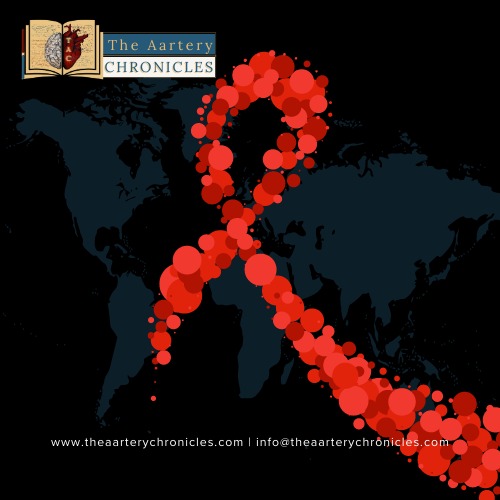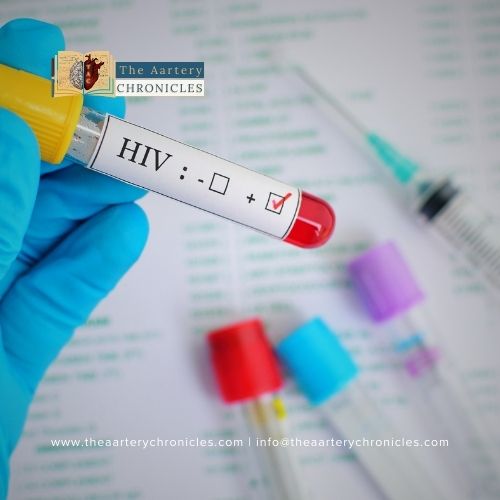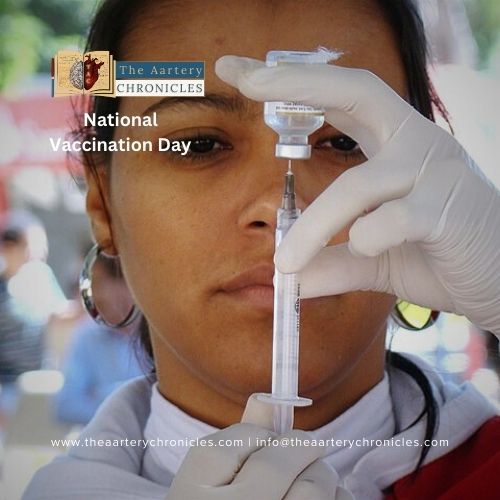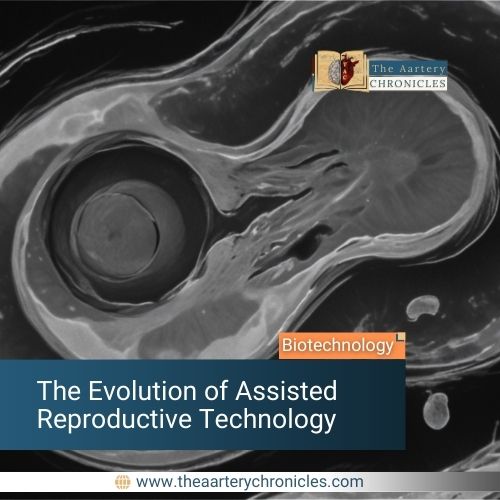
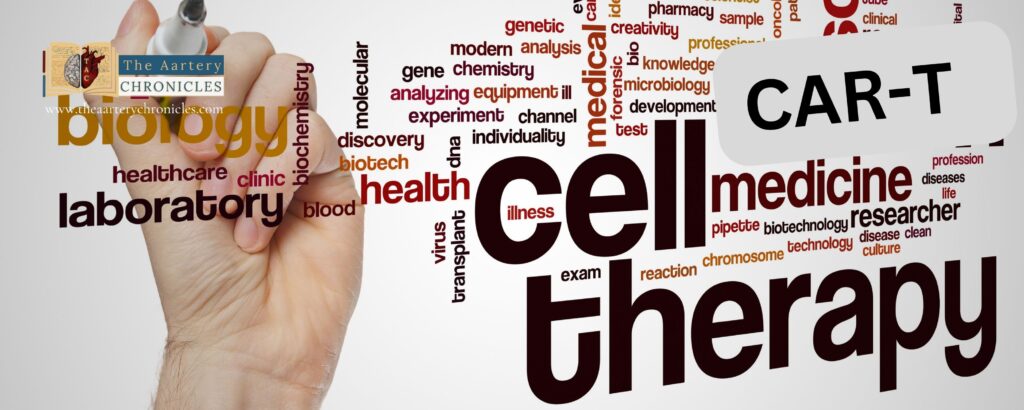
A Breakthrough in Oncology: CAR-T Cell Therapy Achieves its First Cancer-Free Patient
First commercial patient to be declared ‘cancer free’
Dr. (Col) VK Gupta, has become the first patient to be declared completely ‘cancer-free.’ Reportedly, he had undergone a CAR-T cell therapy treatment for B-cell cancer, particularly acute lymphoblastic leukemia, and the cancer cell counts significantly decreased within two weeks of transfusion along with an increase in levels of hemoglobin.
The treatment:
ImmunoACT a company associated with Tata Memorial Hospital and the Indian Institute of Bombay (IIT Bombay) developed a therapy known as NexCAR19 for the treatment of B-cell cancer including lymphoma and leukaemia. The Central Drugs and Standard Control Organisation (CDSCO) India’s drug regulator approved the novel therapy in October 2023. And Dr. (Col) VK Gupta became the first patient to receive the therapy. The treatment is now available in up to 10 cities and 30 hospitals in India. The therapy requires around 42 Lakhs. Whereas the same treatment would cost around 3-4 crores abroad.
What is CAR-T cell therapy ?
The discovery of the Chimeric Antigen receptor (CAR-T) cell therapy has been proved to be a paradigm shift in the battle of cancer treatment. CAR-T cell therapy involves a fusion of genetic engineering and cellular immunotherapy. The technology manipulates the body’s immune system and provides it with tools to recognize and precisely destroy cancer cells.
Remarkable results of CAR-T cell therapy have been noted in treating forms of blood cancers including diffuse large B-cell lymphoma (DLBCL) and lymphoblastic leukemia (ALL). The treatment has offered a ray of hope to numerous patients with the failure of traditional methods.
The Science of CAR-T cell therapy:
Patient’s T-cells, a kind of immune cells are genetically manipulated to help the production of CARs on their surface. The receptors are artificial structures structured to specifically target antigens found on the surface of cancerous cells. Firstly, the T-cells are extracted from the patient’s blood and genetically altered in the lab to produce CARs and the engineered cells are reinfused into the patient.
A targeted attack is triggered on the cancer cells after reinfusion by attaching themselves to highly precise antigens and eliminating the cancerous cells while preserving healthy ones.
Mechanism of action:
CAR-T has a dual-action mechanism which makes the therapy highly effective. First, when CAR T-cells identify and eliminate cancer cells, a direct cytotoxic effect is produced. The second effect is immunomodulatory the interaction of CAR T-cells with cancer cells results in the secretion of cytokines and chemokines. The body’s defense against the malignancy is strengthened by this cascade, which attracts more immune cells to the tumor spot.
Reliability and mixed opinions regarding the therapy:
A patient in India being declared cancer-free represents a significant milestone for the efficient healthcare capabilities of the country particularly in the field of oncology. However, there has been a diverse range of reactions from researchers and physicians. Oncologists are familiar with the overall nature of cancer therapy and the possibility of cancer recurrence. Although CAR-T cell therapy is a potential treatment, it is not a cure for cancer. The treatment’s success rate will be determined over time by assessing its long-term effectiveness.
Prospects and Conclusion:
Promising developments lie ahead for CAR-T cell treatment in India, especially regarding ImmunoACT’s NexCAR19 therapy. The company’s goal is to provide patients with access to therapy at a reasonable cost.
With an initial success rate of obtaining cancer remission, the therapy is intended to treat B-cell malignancies such as lymphoma and leukemia. Having an indigenous CAR-T and gene therapy platform is a major accomplishment for India, as the therapy is anticipated to transform cancer treatment and enhance survival rates.
Source: Inputs from various media Sources

Sanika Pande
- Medicine
- Nutrition And Diet
Lorem ipsum dolor sit amet, consectetur adipiscing elit. Ut elit tellus, luctus nec ullamcorper mattis, pulvinar dapibus leo.








